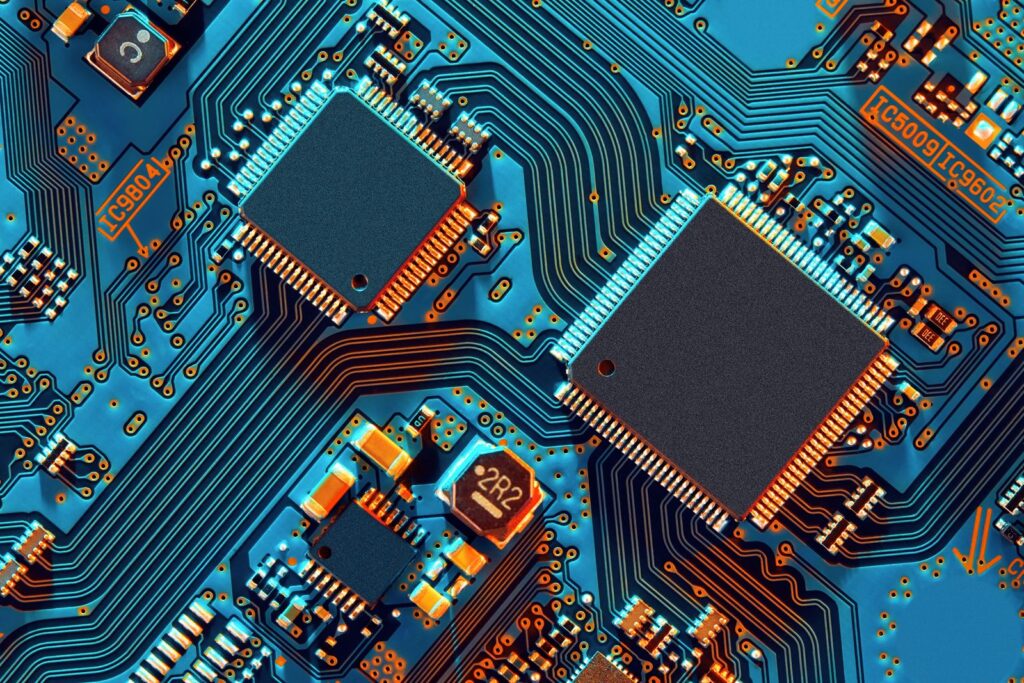Advancements in technology areas such as nanotechnology, microchips, cloud computing, and 5G are reshaping the digital landscape and driving innovation in information and communications technologies (ICTs), artificial intelligence (AI), and autonomous systems. While progress has been made in addressing the security implications of ICTs and AI, less focus has been on the underlying technologies driving their development. To bridge this gap, UNIDIR organized a series of technology breakfasts to explore the international security implications of specific enabling technologies, building on research insights from the Enabling Technologies and International Security: A Compendium (2023 Edition).
The second session of this series delved into the latest developments in microchip technology. Microchips are fundamental to modern electronics and computing systems, performing critical functions such as information processing, data storage, and instruction execution. Recent innovations in semiconductor materials, chip design, and production methods are enabling the creation of increasingly compact and efficient devices.
These advancements hold significant potential for future AI applications but equally pose risks for international security, particularly concerning supply chain vulnerabilities, the dual-use nature of the technology, and cybersecurity threats. With the aim of providing participants with an overview of microchip technology and its relevant applications, the briefing commenced with an introduction to UNIDIR’s research findings, followed by a presentation from an expert speaker, and concluded with an interactive Q&A session with the audience.
Event Recording
Speakers
- Suchi Srinivasan, Managing Director and Partner, Boston Consulting Group
- Wenting He, Associate Researcher, Security and Technology Programme, UNIDIR
When and Where
9 July 2024, 8:30-9:30 EDT, online (via Webex).
Participants
We welcomed representatives from Member State delegations, as well as members of the multi-stakeholder community including industry, civil society, academia, and intergovernmental organizations.
